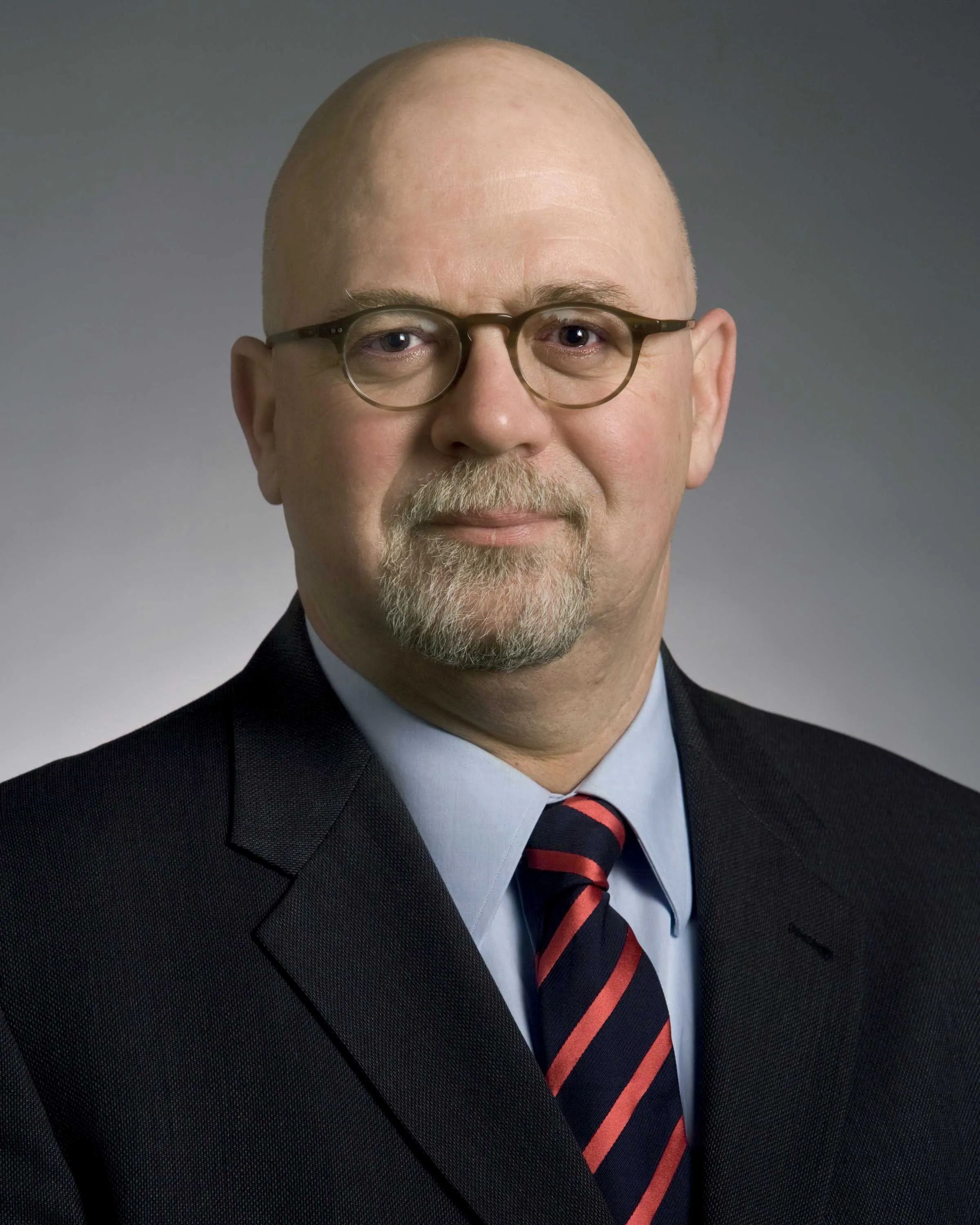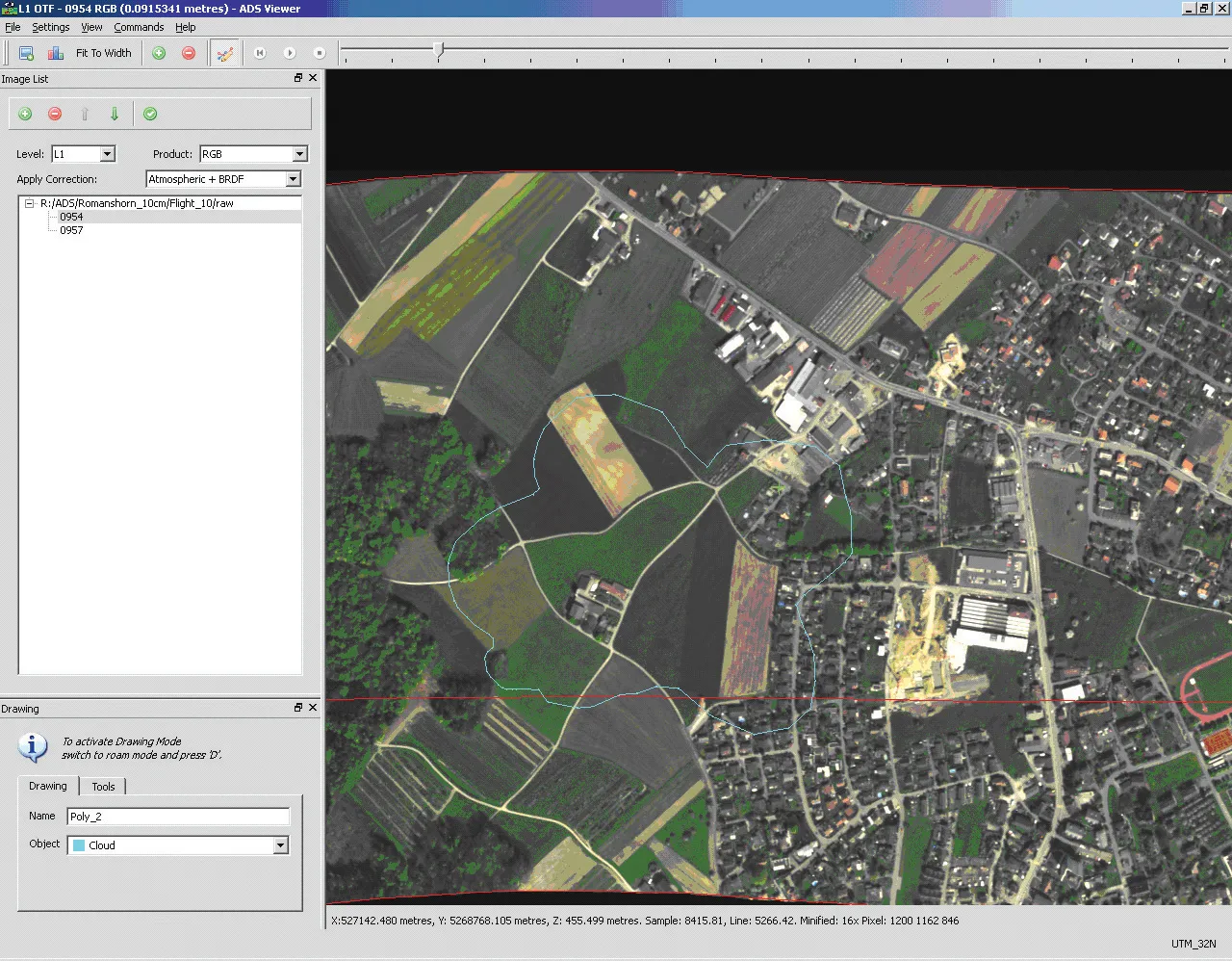The outgoing president of Europe’s largest engineering body is calling for more universities to give small and medium sized businesses open access to the intellectual property (IP) that they create.
Professor Andy Hopper CBE is making the plea as he prepares to step down after his one-year term as president of the Institution of Engineering and Technology (IET).
“Tax payers are already funding the creation of innovative intellectual property in our universities, so it seems reasonable that more of t
August 28, 2013
Read time: 2 mins
The outgoing president of Europe’s largest engineering body is calling for more universities to give small and medium sized businesses open access to the intellectual property (IP) that they create.
Professor Andy Hopper CBE is making the plea as he prepares to step down after his one-year term as president of the Institution of Engineering and Technology (IET).
“Tax payers are already funding the creation of innovative intellectual property in our universities, so it seems reasonable that more of this is made available to UK SMEs that are best positioned to add value and commercialise it,” said Hooper.
“Universities should be encouraged and incentivised more to kick start the development of new technologies and products by openly assigning the required IP to dynamic British businesses at minimal extra cost. In return, maybe the university could get a one or two per cent shareholding – more of a goodwill gesture than a conventional transaction. This is all perfectly possible and is happening in a number of UK universities already.”
Hopper believes this will be a big boost for the engine room of the UK economy, small and medium sized enterprises.
He is also calling on the Government to ensure more engineers involved in decision making. With a raft of massive engineering projects in the pipeline, such as Smart Grids, High Speed 2, faster broadband networks and new or expanded airports, Professor Hopper wants to see more engineering advisers embedded in government.
Professor Hopper, who heads up the University of Cambridge Computer Laboratory, added, “In the UK, engineering is still undervalued despite our rich industrial heritage and track record in pioneering new technologies. This is reflected in the make-up of the Government and must change to help turn around the UK economy.
“With the success of so much future policy based around engineering and technology, I believe that it is time for the Government to draw more on the knowledge and experience of the UK’s best engineering talent at the highest levels.”
Professor Andy Hopper CBE is making the plea as he prepares to step down after his one-year term as president of the Institution of Engineering and Technology (IET).
“Tax payers are already funding the creation of innovative intellectual property in our universities, so it seems reasonable that more of this is made available to UK SMEs that are best positioned to add value and commercialise it,” said Hooper.
“Universities should be encouraged and incentivised more to kick start the development of new technologies and products by openly assigning the required IP to dynamic British businesses at minimal extra cost. In return, maybe the university could get a one or two per cent shareholding – more of a goodwill gesture than a conventional transaction. This is all perfectly possible and is happening in a number of UK universities already.”
Hopper believes this will be a big boost for the engine room of the UK economy, small and medium sized enterprises.
He is also calling on the Government to ensure more engineers involved in decision making. With a raft of massive engineering projects in the pipeline, such as Smart Grids, High Speed 2, faster broadband networks and new or expanded airports, Professor Hopper wants to see more engineering advisers embedded in government.
Professor Hopper, who heads up the University of Cambridge Computer Laboratory, added, “In the UK, engineering is still undervalued despite our rich industrial heritage and track record in pioneering new technologies. This is reflected in the make-up of the Government and must change to help turn around the UK economy.
“With the success of so much future policy based around engineering and technology, I believe that it is time for the Government to draw more on the knowledge and experience of the UK’s best engineering talent at the highest levels.”








